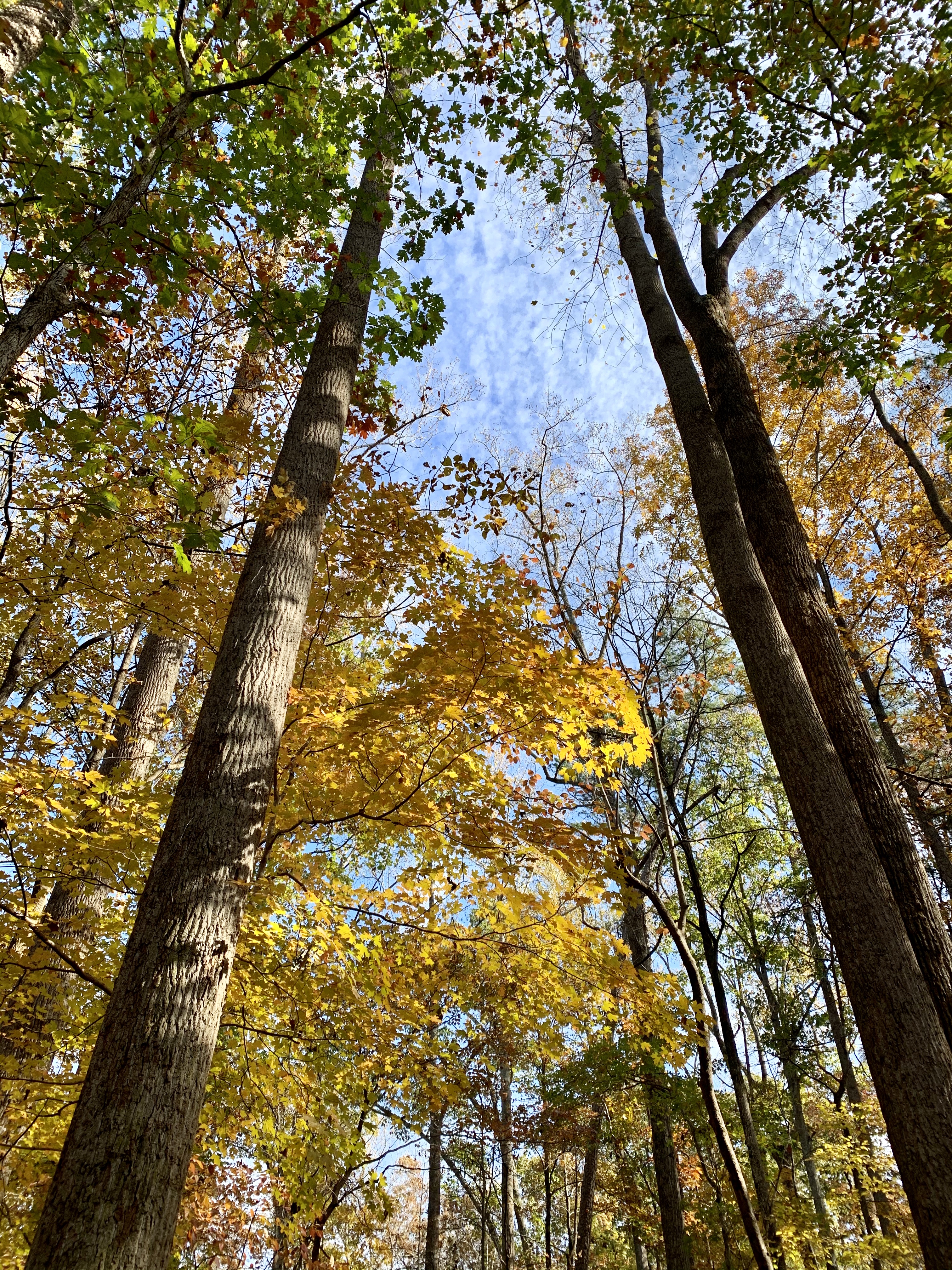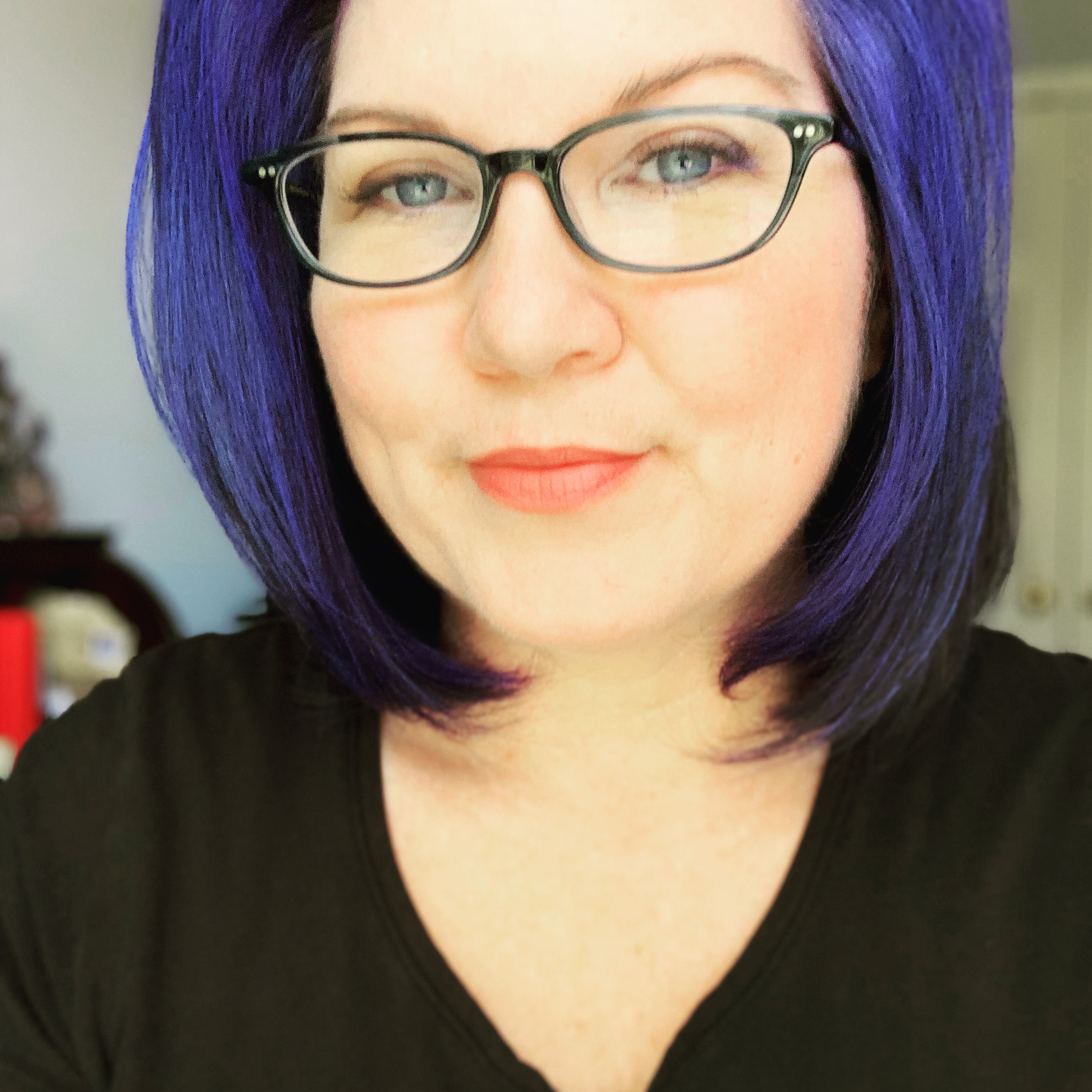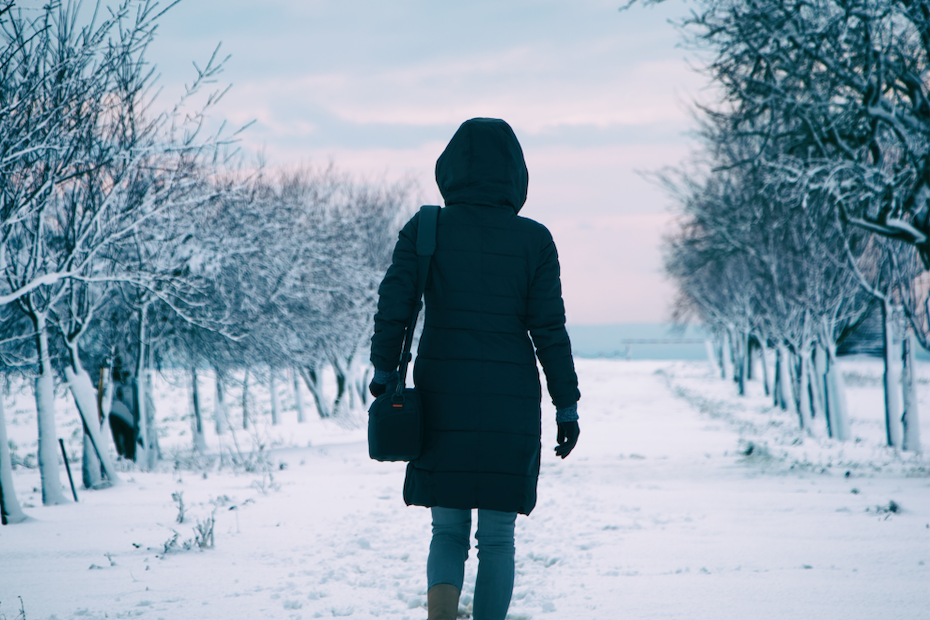I didn’t know what a ‘desmoid tumor’ was prior to hearing the words come from my oncologist’s mouth in the fall of 2012. “It’s not cancer, but it’s not good,” he went on to say. Unfortunately, that didn’t help me understand the full complexity of the rare disease that I had been diagnosed with.
If it’s not cancer then everything is going to be okay, right? How can a benign tumor be so bad? Seven years, one surgery, one month of physical therapy, a recurrence, a year of Tamoxifen, two chemos later, and now I understand. Desmoid tumors can be really bad.
Desmoid tumors are one of the almost 7,000 rare diseases. Less than a thousand Americans are diagnosed each year with a desmoid tumor. Compare that with the nearly 300,000 Americans diagnosed with breast cancer each year, the disease that took my mother’s life, and you can see how I had no idea what I was dealing with.
After my diagnosis and reading what little information I could find on the internet, I went ahead with my doctor’s recommendation to have surgery. A couple of weeks before Christmas, I had the softball-sized tumor and part of my leg muscle removed from my left hip.
I knew that I would be temporarily unable to walk on my own after the surgery, but once I woke up, it was all I could think about. Aside from the excruciating pain, I was fixated on all of the things I couldn’t do now that I wasn’t able to walk. I went 39 years with perfect mobility. It felt like I had squandered every single one.
Over the next few months, my body healed and I was able to tackle physical therapy. I put in the work. There was no blood, but plenty of sweat, and way too many tears. By spring, I was walking without the aid of a walker or cane. I don’t remember my actual birth, but I feel safe to say being able to walk on my own was the closest thing to being born again.
I was a runner before my diagnosis. I felt fit when I was a runner. I felt accomplished in something. I felt strong and capable. But even with physical therapy, after this surgery, running any more than a few strides at a time became nearly impossible. I mourn it still to this day.
Even worse, I had a recurrence of my disease only a year and a half after my surgery. Now, instead of just the one tumor, I had two tumors growing in the same space. I was emotionally and physically exhausted. Devastated does not even begin to describe it.
Over the course of more than two years, we tried different medications to slow or stop the growth of my tumors. Fortunately, one died relatively quickly, but the other one remained determined. No matter what we tried, it continued to grow.
I was thankful to eventually be put in the capable hands of a desmoid specialist who recommended a fairly new treatment, an oral chemo, called sorafenib. At the time, a study of the drug’s effectiveness against desmoid tumors was underway, but not yet completed. The initial results were quite positive.
Through her dedication and persistence, I was able to begin treatment with sorafenib almost immediately after my first visit. My results were astounding. The very first MRI, three months into treatment, showed that my tumor was shrinking. After a year of treatment, it would be declared dead. It’s been more than three years since treatment ended, and my tumor has still not grown.
Throughout the years of the ups and downs, the emotional chaos, the side effects, the fear, and the sadness, I learned so many important lessons. The first of which, the most important of all, is to live your best life now.
Don’t wait. Don’t plan for sometime. Sometime may never come, or it may send you on a detour you could have never imagined in your scariest dreams. Sometime is now. It has to be, for you never know what chaos the future holds.
After so many years of being sick I don’t want to spend any more of my life waiting for sometime. The hard lesson had been learned and now is the time to live my life however I see fit, before it’s too late.
When I’m tired, I rest. I listen to my body now more than ever before. I observe a technology shabbat every week to preserve what is left of my sanity. I don’t let toxic people take up much of my space. I only want to be around those who support each other’s joys. I try new things without embarrassment. I tell my people that I love them because I should. Tomorrow isn’t a guarantee.
This rare disease has flipped my whole life upside down and, in the process, wiped the slate clean. While I still experience sadness at the change in my physical abilities, it has forced me to seek out new possibilities. I find now I’m the fortunate one to have to slow down.
From this disease, I’ve been given one of my greatest gifts, my newfound love of hiking. I can’t run anymore, but I can walk and the forest has welcomed me with open arms. Even though the pace is slower, I’ve found hiking makes me feel just as strong and capable as running. Because the pace is slower, it quiets my mind and feeds my soul. And just like my new life, the views are simply spectacular.

Follow us here and subscribe here for all the latest news on how you can keep Thriving.
Stay up to date or catch-up on all our podcasts with Arianna Huffington here.


